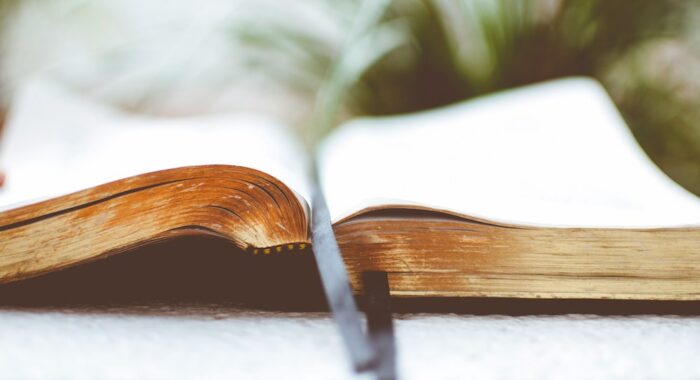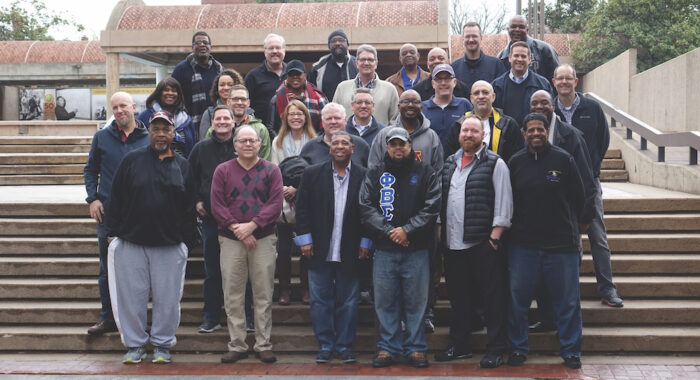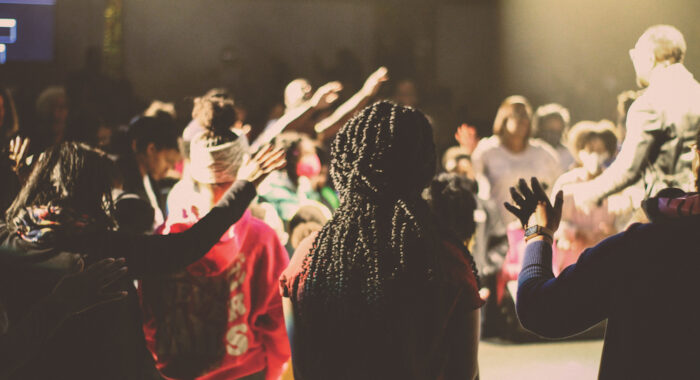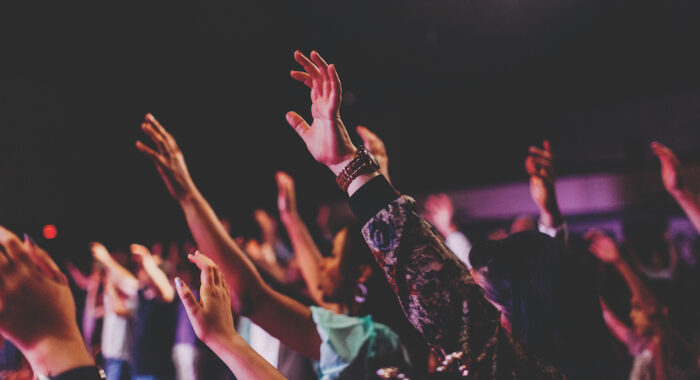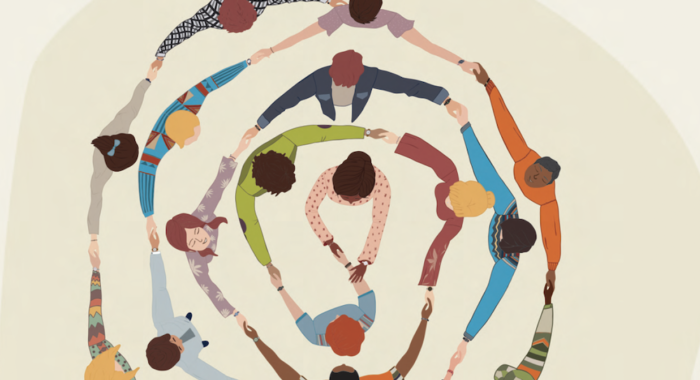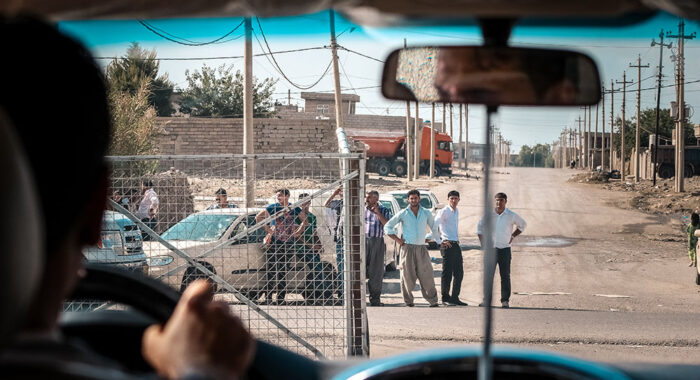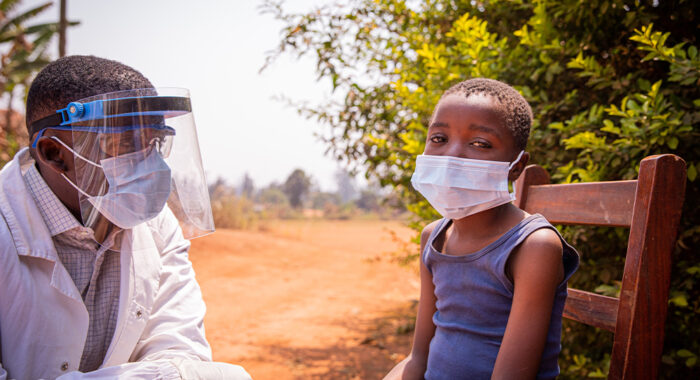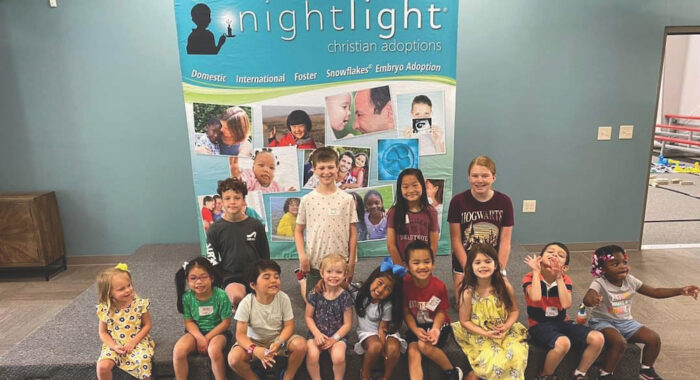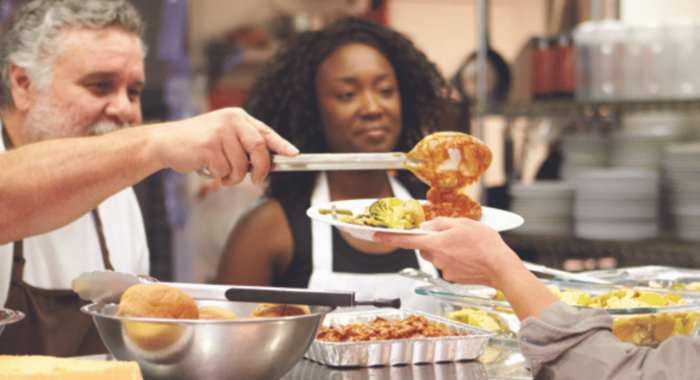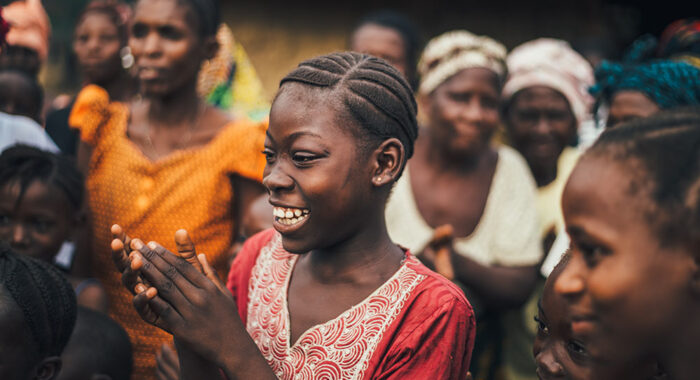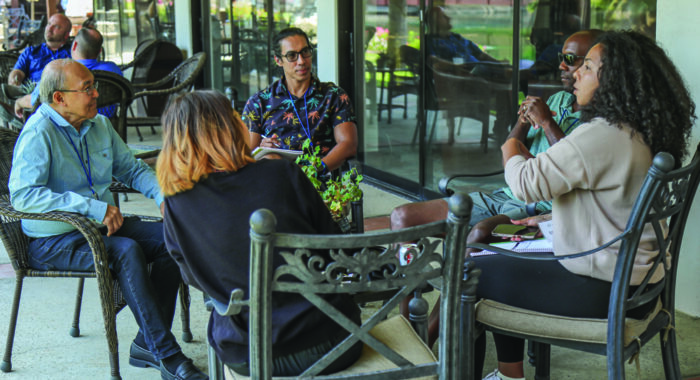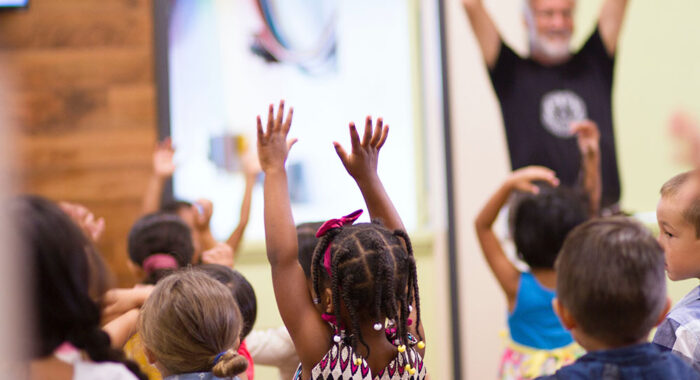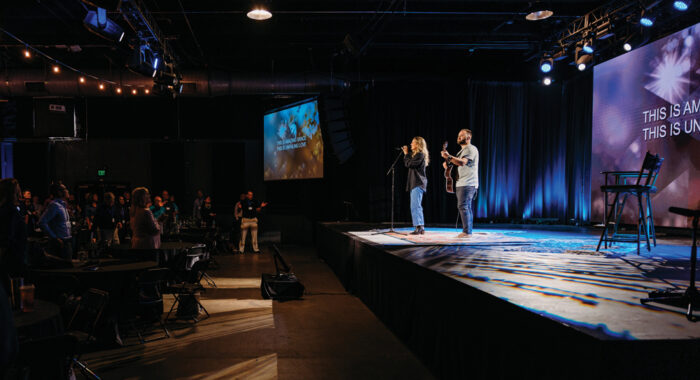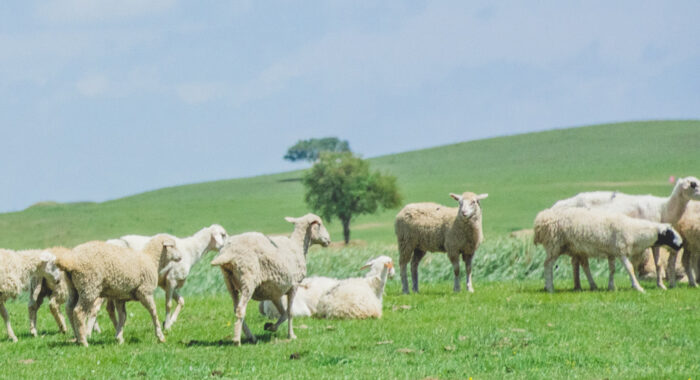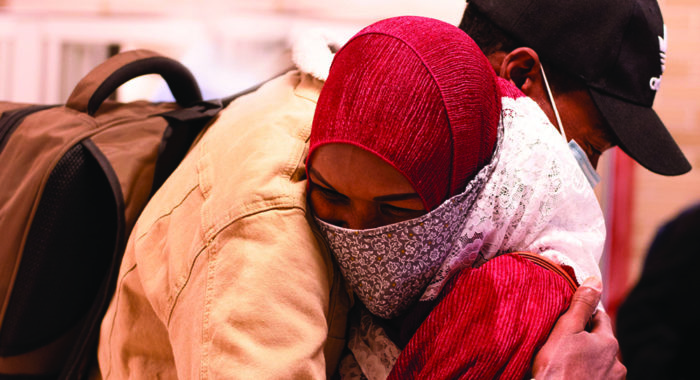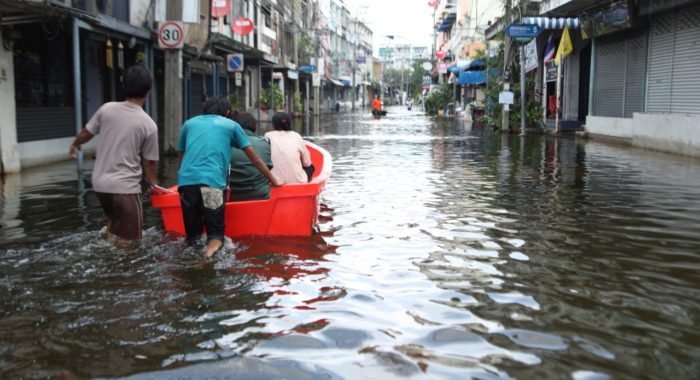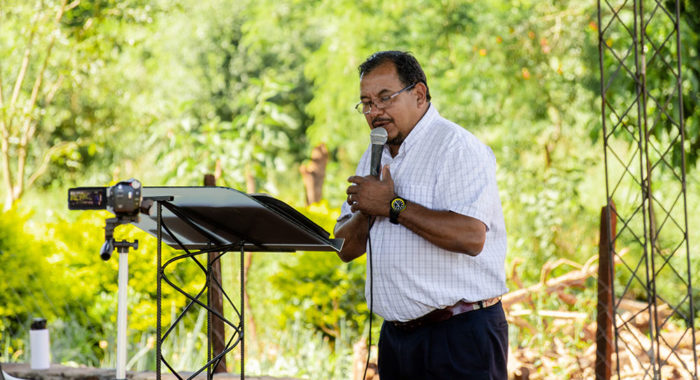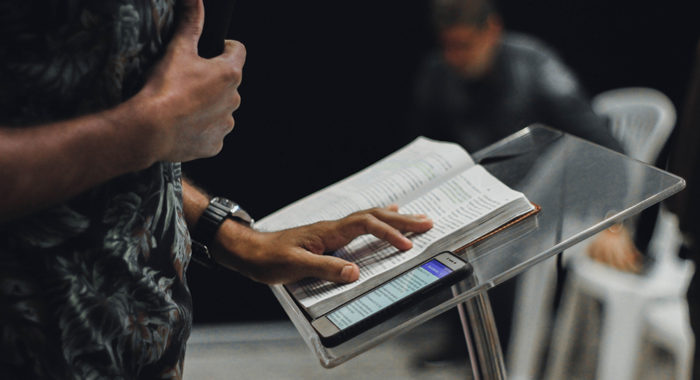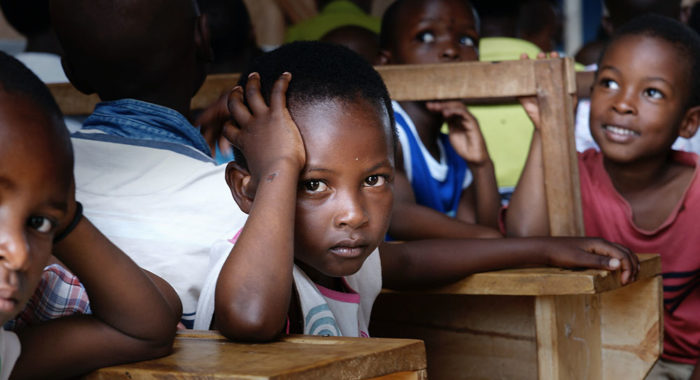Joel Hunter is senior pastor of Northland, A Church Distributed, an Orlando-based congregation of 20,000 that worships worldwide on the web. He has authored several books, including “A New Kind of Conservative” and “Church Distributed,” and has served on the White House Advisory Council on Faith-Based and Neighborhood Partnerships and as a spiritual advisor to President Obama. Hunter holds degrees from Ohio University, Christian Theological Seminary, Belhaven University and Alliance Theological Seminary.

Almost every day we hear about another tragedy in the world or in our country. Sometimes those tragedies hit home. In Today’s Conversation, Leith Anderson talks with Joel Hunter about how to respond to crisis when it comes to your town.
In this podcast, a longtime pastor and respected leader reflects on the recent Pulse nightclub shooting in his hometown and shares:
- What kind of leadership pastors can bring to communities in crisis;
- How churches can prepare for such events;
- How his conversion story impacts his ministry approach; and
- What messages need to be communicated to church members and to the broader community, including the media.
Read a Portion of the Transcript
Leith: What do we do when crisis comes to our city? What kind of leadership should pastors bring to the table? This is our topic for today. Joel, on June 12, 2016, a shooter killed 49 people and wounded 53 others inside Pulse, a gay nightclub in Orlando, your city. That happened early Sunday morning. How did you first hear about what had happened? As a pastor, what was your first reaction — your gut response?
Joel: At four o’clock in the morning, I received an email from a police officer in our congregation who was headed to that scene. The email simply said, “Pastor, there has been a multiple casualty shooting event. I am heading there now. Please pray. If we ever needed prayer, it’s now.” And so, I was up at that time, but I usually do my devotions, and so I didn’t see the email until five that morning. Of course, I immediately began to pray, and after that time of prayer, switched on the news to see the horrible event of the biggest mass shooting in the history of our country. So I just rocked back. I was driven to my knees. I wasn’t preaching that weekend, but immediately began to hear from other community leaders about the event and about how we could respond.
Leith: In some ways your not preaching made it easier that you had one less responsibility. So what did that Sunday look like for you? What did you do the rest of the day? Did you go to church? Were you able to do that? Were you out in the community? What happened?
Joel: No, I wasn’t able to be at church. I was kind of out and about. Mostly I prayed. You know, when you don’t know what to do, you don’t know the extent of a tragedy… Because it was both a hate crime and a terrorist attack, and because it happened in a gay nightclub. I told my congregation soon after that; I was so gripped by this tragedy not because I had so many relationships in that community but because I had so few. And so the first reaction I had was “I don’t know if I know any of these families.” The second reaction I had was to pray that God would undergird, personally, each of them. And then a group of us pastors soon were on the line together. We have a pretty close fellowship of pastors here, and we were all saying,“Okay, this is a community tragedy. How can we respond to this together?” Because many of the injured were from the Latino community, and so El Calvario and other Hispanic pastors that we knew would be dealing mostly with the families. But, there was just this reaction like … it’s almost surreal. You don’t know what to do, so you do the two basic things you do know to do. You pray, and you talk with other people who are spiritual leaders who you respect and try to get some sort of response plan together.
Leith: So what did churches in Orlando and in the greater Orlando area — how did they respond? And Joel, I think what I am most interested in is not hearing the outlier story of some church somewhere that did something inappropriate or bizarre. What did most of them do? And especially what did they do that was good?
Joel: Well, thanks for that question, because there were so many events, they continue to this day, to memorialize and sympathize with this horrible event. The city officials, the government officials and the law enforcement leaders were all involved in all of these faith community responses. And for the evangelical churches, we all just kind of came together two nights after the event. We went to First Baptist and just had a series of prayers from community faith leaders. My portion of that was to pray for the gay community.
Well, as I just said, I felt totally inadequate to do that. And so I called Equality Florida, which is a LGBTQ advocacy group. They knew who I was, and I said, “This is my job in this evangelical Christian service, and I am totally ill equipped to pray a prayer that would be relevant and would be realistic as to what your community is going through. Would you send somebody, and I’ll have them lead us in prayer?” Well, sure enough, they sent this wonderful national leader who is a lesbian, married. So when it came my time to pray in this very conservative, evangelical service, I got up and I said, “You know, I don’t know what it is not to be in the power group. I’m a white male. Short doesn’t count as vulnerability or a minority group. So when it comes to praying for a vulnerable community, I can’t do it. So I have asked this person to come and lead us in prayer.”
And she got up and kind of explained what their community was going through, and it was not only sobering, it was evoking of sympathy and identification with those mothers and fathers who had lost their children — understanding the higher incident of hate crimes against this community. And it was just absolutely galvanizing for many of those people who had never spoken with a gay person. Afterwards, the pastor at First Baptist came up, and said, “Well, now that’s a first for our church.” He said, “I’m not sure how the leaders of our church are going to take what you just did. Do you have room on your staff in case I don’t last here?”
But the point was, the community out of this catastrophe was driven to the kind of unity that we never would have had without it. It was a really wonderful watershed moment for our community and for our faith communities.
Leith: It sounds a little bit like the story of Joseph in Genesis where God used something that was bad and used it for good and brought you together in a way that sadly it takes a tragedy to do it. So you mentioned a leader of Equality Florida. There is a photo of you warmly shaking hands with a leader from Equality Florida, which is an LGBT advocacy group in your area. So how did that photo come about? Was that part of your making that contact?
Joel: It was part of … again, wanting to stand with and understand better the more vulnerable communities in our community. There was a press conference called by the [Council on] American-Islamic Relations (CAIR) that wanted to decry this act of violence committed by someone who was a Muslim and committed it in identity with ISIS, and they wanted to say, “We are not a part of this.” And they invited someone from Equality Florida — Carlos is his name; I am going to have coffee with him tomorrow. And so we met there and the Orlando Sentinel was there, and they snapped a picture of us shaking hands.
The result of this and the result of my own ignorance of this community and lack of relationships and my desire to know if there’s something I’ve done in my ministry that would somehow give leeway to anybody under my influence to ever harm someone in a vulnerable community has prompted me to have one conversation after another with the LGBTQ leaders in our community, just to listen to their stories. And so that’s what I’m going through right now, just so that I can understand and I can be a better pastor to our congregation when it comes to including people who are part of that community, who may disagree with the way we read Scripture and with some of the standards that we have, but yet we are part of the same community. And we can cooperate on many things together, and we can certainly be friends and respect each other as being made in God’s image. So, that’s kind of the path I am on right now.
Share the Love
If you enjoyed the program, please rate it on iTunes and write a brief review. That will help get the word out and raise the visibility of the show.



 View All Podcasts
View All Podcasts 


